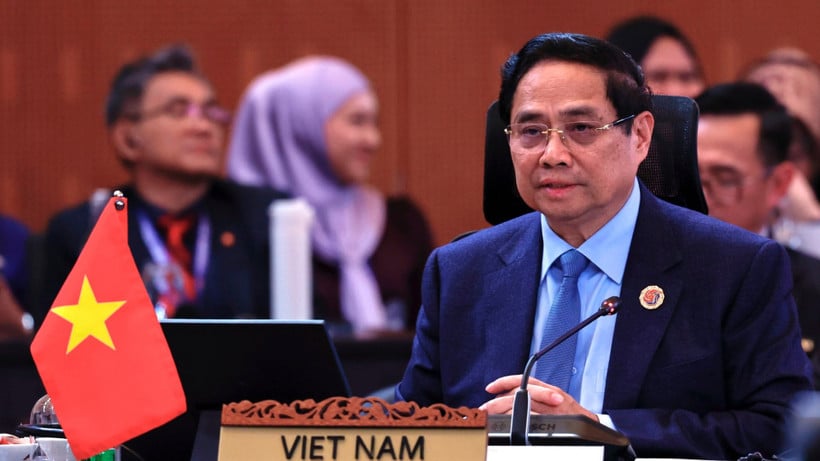
Prime Minister Pham Minh Chinh delivers a speech at the 20th East Asia Summit (EAS). (Photo: VGP/Nhat Bac)
The conference took place against the backdrop of the EAS celebrating its 20th anniversary, marking two decades of formation and development of the region's leading high-level dialogue forum on strategy, political -security, and economics.
At the Conference, EAS Leaders highly appreciated the important role and great cooperation potential of EAS, with 18 members, representing more than half of the population and about 60% of global GDP. In 2024, the trade turnover of goods between ASEAN and EAS Partners reached about 1.9 trillion USD, FDI inflows reached nearly 93 billion USD, reflecting the prospect of extensive cooperation in the region. The Leaders acknowledged the positive results in implementing the EAS Action Plan for the period 2024-2028, and agreed to continue focusing resources on enhancing substantive cooperation in areas that are driving forces of regional development such as innovation, digital economy , infrastructure connectivity, energy transition, green development, education, health care and enhancing disaster response capacity, in line with and linked to the ASEAN Community Vision 2045.
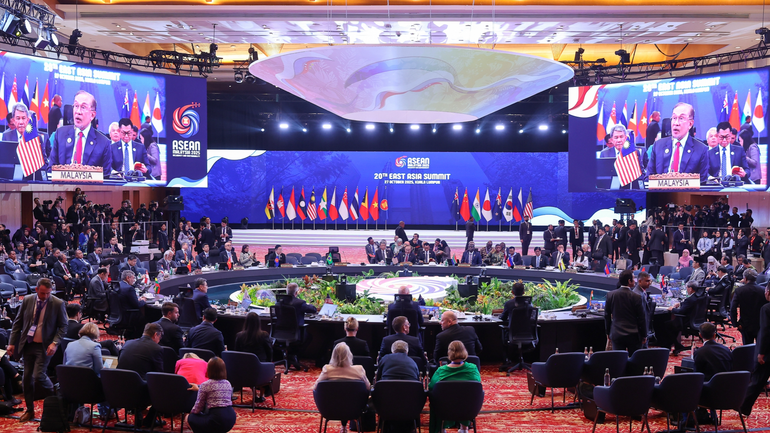
A view of the 20th East Asia Summit (EAS). (Photo: VGP/Nhat Bac)
The leaders also emphasized that in the context of the deeply changing regional and global environment and increasing strategic competition among major powers, countries need to continue promoting the role of the EAS as an open, inclusive, transparent and rules-based cooperation mechanism, with ASEAN playing a central role in leading cooperation and shaping the regional order for peace, stability and prosperity; at the same time, emphasizing the importance of multilateralism, equal dialogue and building strategic trust. The leaders also emphasized the importance of respecting international law, the United Nations Charter and agreed principles of conduct; handling disagreements by peaceful means, not using or threatening to use force; at the same time, enhancing dialogue and coordination to minimize the risk of miscalculation, prevent conflicts and maintain a peaceful and stable environment in the region.
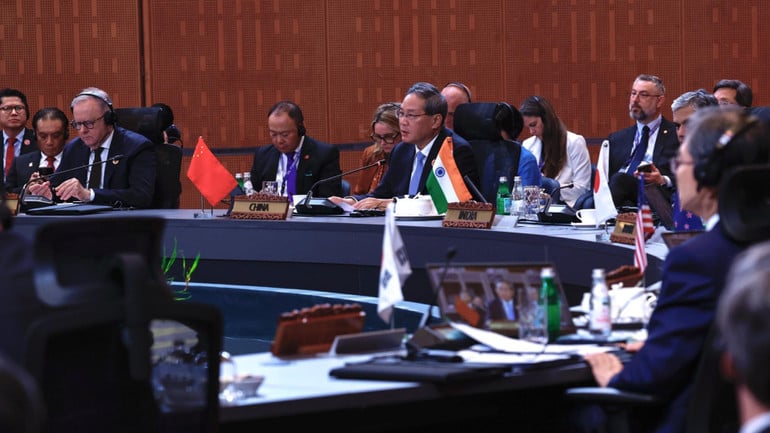
Chinese Premier Li Qiang speaks at the conference. (Photo: VGP/Nhat Bac)
Discussing international and regional issues, the Leaders emphasized the importance of maintaining peace, security, stability, safety, and freedom of navigation and overflight in the South China Sea, considering this a common interest of the entire region and the international community. Accordingly, they stressed the need for restraint, refraining from actions that complicate the situation, resolving disputes peacefully in accordance with international law, including the 1982 United Nations Convention on the Law of the Sea (UNCLOS 1982); fully and effectively implementing the Declaration on the Conduct of Parties in the South China Sea (DOC) and promptly completing an effective and substantive Code of Conduct (COC) in accordance with international law, including the 1982 United Nations Convention on the Law of the Sea.
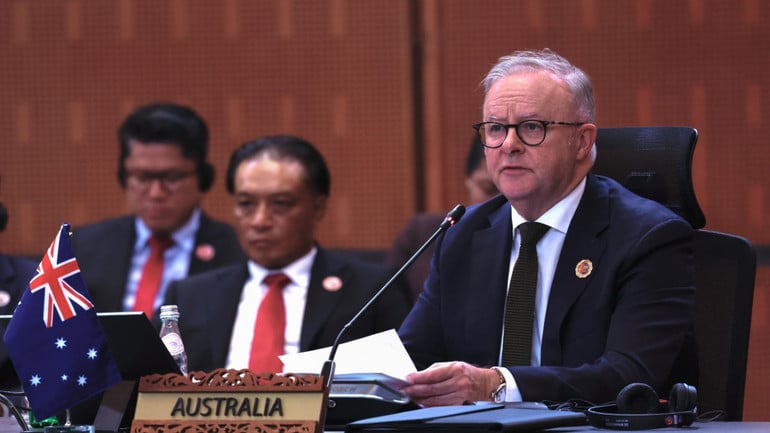
Australian Prime Minister Anthony Albanese speaks at the Conference. (Photo: VGP/Nhat Bac)
The Summit also affirmed its support for dialogue towards sustainable peace on the Korean Peninsula, and called on relevant parties to exercise restraint, avoid escalating tensions, and promote diplomatic efforts in accordance with UN resolutions. Regarding the situation in Myanmar, the Leaders stressed that Myanmar is part of the ASEAN Community; called for an end to violence, promotion of comprehensive dialogue, facilitation of humanitarian relief, and continued effective implementation of the ASEAN Five-Point Consensus.
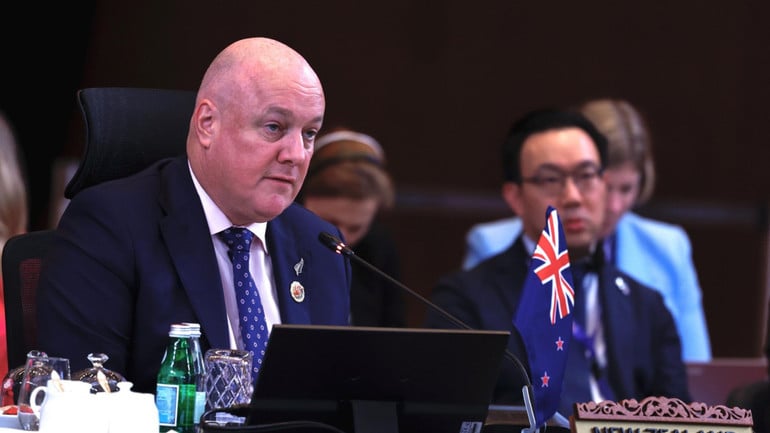
New Zealand Prime Minister Christopher Luxon speaks at the Conference. (Photo: VGP/Nhat Bac)
Speaking at the Conference, Prime Minister Pham Minh emphasized that the world is entering a period of significant global changes and challenges, requiring countries to strengthen solidarity, consolidate linkages, and promote multilateral cooperation to maintain a peaceful, stable, secure, and safe environment for sustainable and inclusive development; increase similarities, minimize differences; and avoid unilateral actions that risk confrontation, disrupt supply chains, and hinder trade and investment.
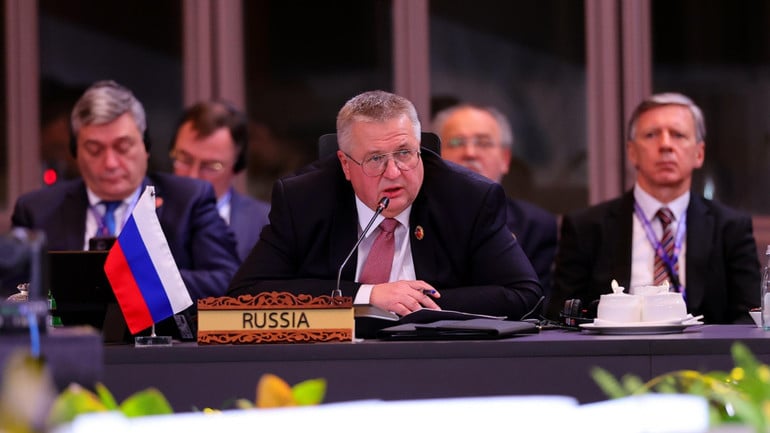
Russian Deputy Prime Minister Alexey Overchuk speaks at the Conference. (Photo: VGP/Nhat Bac)
Appreciating the role of the EAS, the Prime Minister suggested that the EAS should take the lead in protecting the principles of international law and multilateralism, promoting an open, inclusive, transparent, and rules-based regional order, with ASEAN playing a central role; at the same time, the EAS should be a pioneer in cooperating to promote new growth drivers, especially science and technology, innovation, digital transformation, and green transformation.
In the spirit of dialogue and cooperation, Prime Minister Pham Minh Chinh shared some views and proposals aimed at contributing to maintaining peace, stability, and promoting cooperation in the region.
Firstly , maintaining peace and stability in the South China Sea is an urgent requirement and a foundation for cooperation and common prosperity; therefore, we propose that all parties respect international law, especially UNCLOS 1982, exercise restraint, avoid complicating the situation, resolve disputes peacefully, and cooperate in fully implementing the DOC Declaration and promptly finalizing a substantive and effective Code of Conduct (COC).
Secondly , Vietnam supports and is ready to contribute to the process of peace and sustainable stability on the Korean Peninsula; calling on all parties to resume negotiations soon, exercise restraint, avoid escalating tensions, and seriously implement relevant United Nations resolutions.
Thirdly , we call on all relevant parties in Myanmar to end the violence, engage in comprehensive dialogue, facilitate humanitarian aid, thereby promoting the reconciliation process and holding free, fair, inclusive, and secure elections; and we urge our partners to continue supporting and accompanying ASEAN in this process.
At the end of the Conference, the Leaders adopted the Kuala Lumpur Declaration on the 20th Anniversary of EAS and the EAS Statement on Promoting Localization in Disaster Forecasting and Response, contributing to strengthening the foundation of EAS's strategic cooperation in the new development stage, towards a peaceful, stable, sustainable and prosperous region.
Ha Thanh Giang
Source: https://nhandan.vn/eas-can-di-dau-bao-ve-cac-nguyen-tac-cua-luat-phap-quoc-te-chu-nghia-da-phuong-post918464.html




![[Photo] Prime Minister Pham Minh Chinh holds a phone call with the CEO of Russia's Rosatom Corporation.](/_next/image?url=https%3A%2F%2Fvphoto.vietnam.vn%2Fthumb%2F1200x675%2Fvietnam%2Fresource%2FIMAGE%2F2025%2F12%2F11%2F1765464552365_dsc-5295-jpg.webp&w=3840&q=75)
![[Photo] Closing Ceremony of the 10th Session of the 15th National Assembly](/_next/image?url=https%3A%2F%2Fvphoto.vietnam.vn%2Fthumb%2F1200x675%2Fvietnam%2Fresource%2FIMAGE%2F2025%2F12%2F11%2F1765448959967_image-1437-jpg.webp&w=3840&q=75)


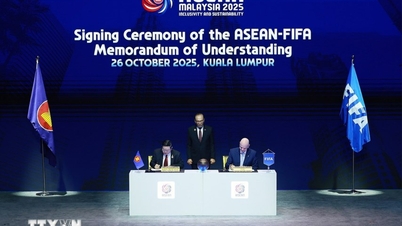

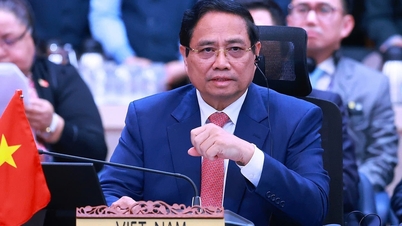

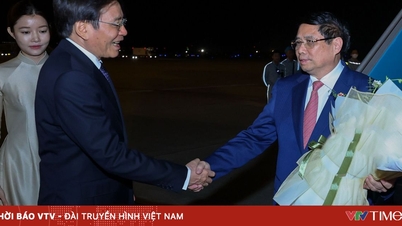

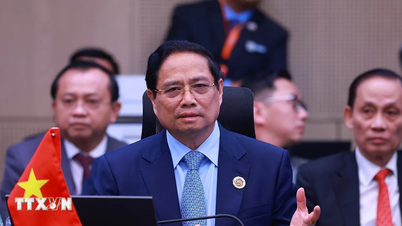

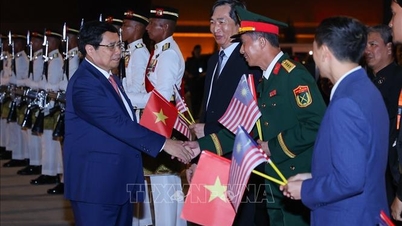

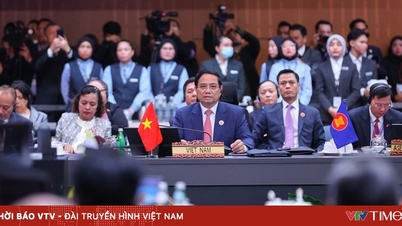
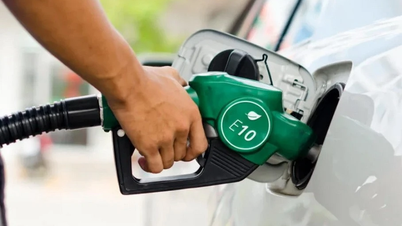

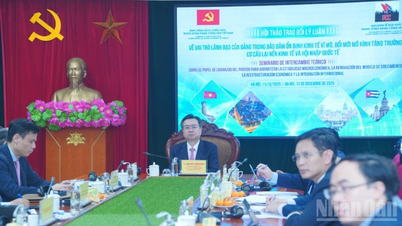
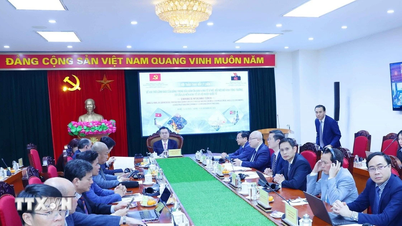
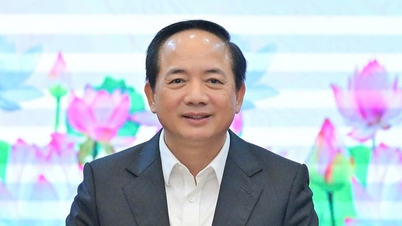





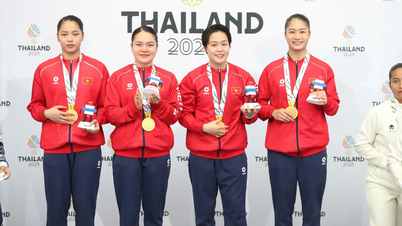
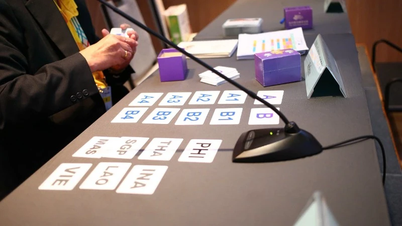
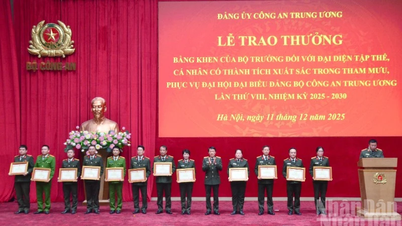
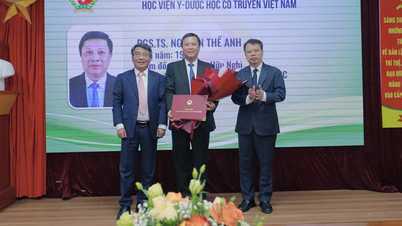
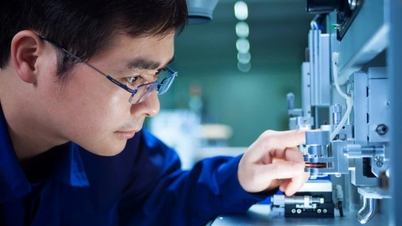




















![[OFFICIAL] MISA GROUP ANNOUNCES ITS PIONEERING BRAND POSITIONING IN BUILDING AGENTIC AI FOR BUSINESSES, HOUSEHOLDS, AND THE GOVERNMENT](https://vphoto.vietnam.vn/thumb/402x226/vietnam/resource/IMAGE/2025/12/11/1765444754256_agentic-ai_postfb-scaled.png)
































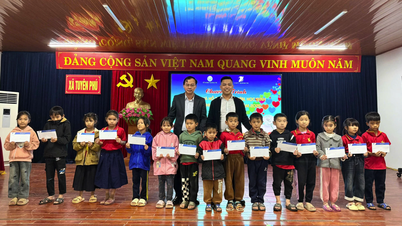



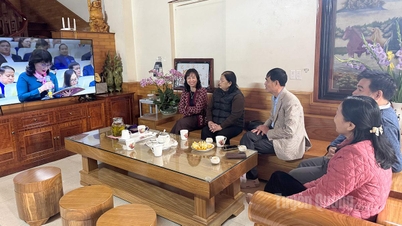















Comment (0)